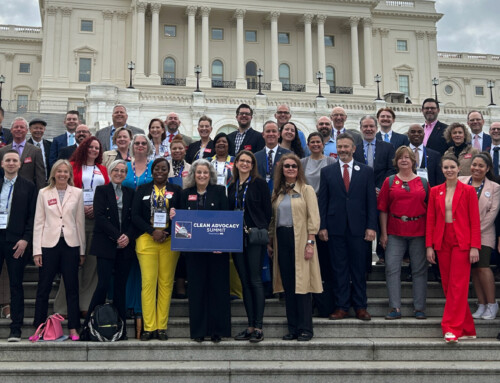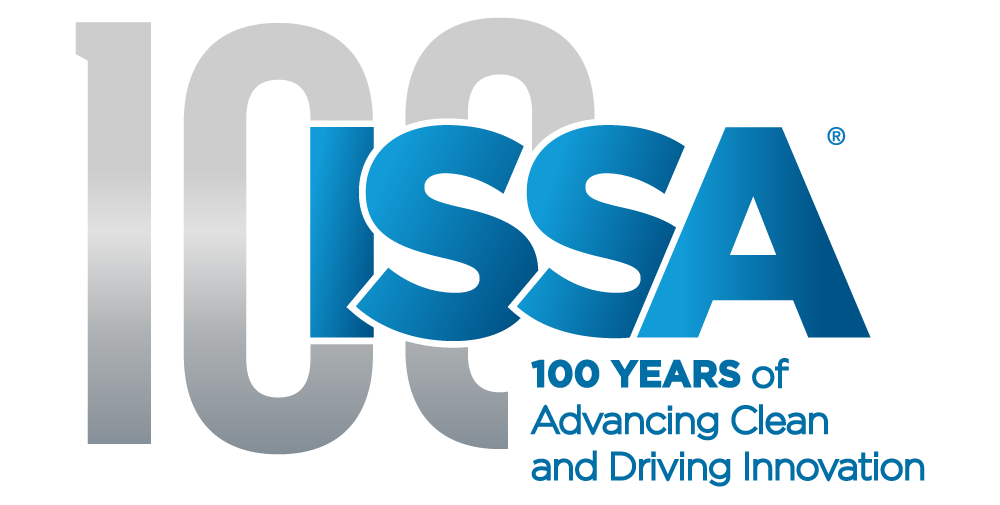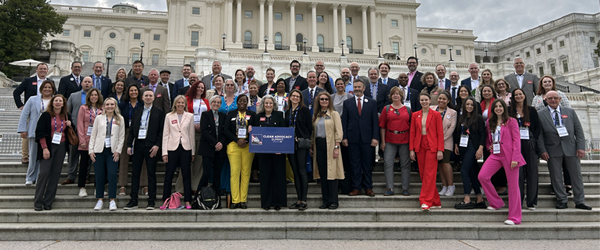Michigan and Colorado Revise Their VOC Regulations
State VOC regulations are in a constant state of flux as demonstrated by Michigan and Colorado that both recently revised their Volatile Organic Compound (VOC) regulations that will impact the formulations of numerous household and commercial cleaning products.
Colorado. On January 25, 2023, Colorado published its revised VOC regulations that set lower VOC limits for a number of product categories previously covered by the regulations, and also set VOC limits for product categories not previously covered. However, these new limits do not go into effect until 60 days after the “effective date of a finding by EPA of a failure by Colorado to attain by the severe ozone attainment date or meet an applicable milestone under the 2008 ozone NAAQS.” At the present, EPA has not made that finding. Therefore, the VOC limits currently in effect in Colorado are those that first became effective for products manufactured on or after May 1, 2020.
Michigan. On April 18, 2023, the Michigan Department of Environment, Great Lakes and Energy published the Department’s revisions to the state’s VOC regulations for household and commercial products.
Specifically, Michigan adopted Phase IV of the OTC Model Rule (aka Model Rule 2012) to replace its current VOC regulations that are premised on Phase II of the OTC Model Rule. In so doing, Michigan has added more product categories to the scope of coverage under its VOC regulations. In addition, the VOC limits were lowered for a number of product categories previously covered under Michigan’s VOC regulations.
Effective Date: January 1, 2023. You read that correctly—While the final rule was published on April 18, 2023, Michigan has established January 1, 2023 as the effective date of the rule in a legal maneuver that will help Michigan meet its legal obligation to comply with the NAAQS for ozone. That said, state officials informally have indicated that they will not retroactively enforce the recently published revisions.

















